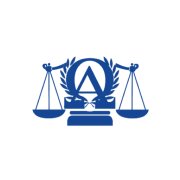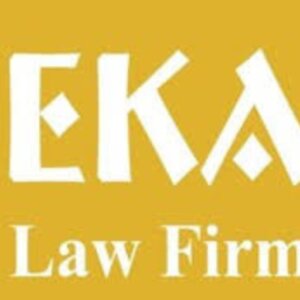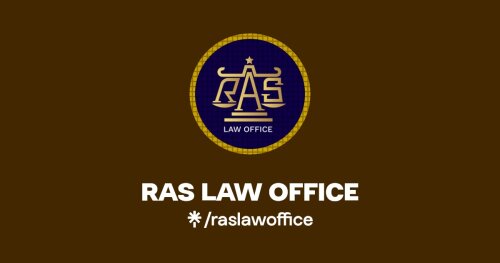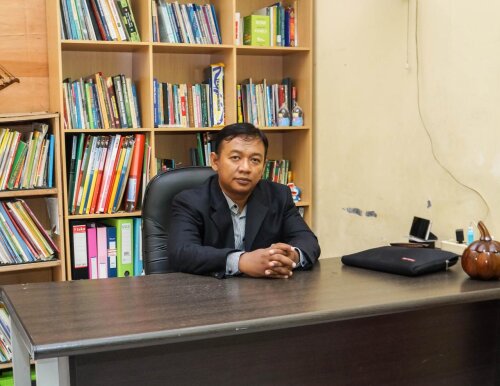Best Collaborative Law Lawyers in Surabaya
Share your needs with us, get contacted by law firms.
Free. Takes 2 min.
Free Guide to Hiring a Family Lawyer
List of the best lawyers in Surabaya, Indonesia

Jiwangga Law Office | Lawyer Surabaya | Advokat Surabaya | Pengacara Surabaya
30 minutes Free ConsultationAbout Collaborative Law in Surabaya, Indonesia:
Collaborative Law in Surabaya, Indonesia is a process where parties work together, with the help of their lawyers, to resolve legal disputes in a cooperative manner. This approach aims to reach mutually beneficial agreements without going to court, promoting communication and respect between the involved parties.
Why You May Need a Lawyer:
You may need a lawyer in Collaborative Law in Surabaya, Indonesia if you are facing a legal dispute with another party and wish to resolve it through negotiation and cooperation rather than litigation. A lawyer can provide legal advice, guidance, and representation throughout the collaborative process, ensuring your rights and interests are protected.
Local Laws Overview:
In Surabaya, Indonesia, the Collaborative Law process is governed by specific rules and regulations set forth by the Indonesian government. These laws outline the procedures, requirements, and limitations of collaborative proceedings, as well as the rights and responsibilities of the parties involved.
Frequently Asked Questions:
1. What is the main goal of Collaborative Law?
The main goal of Collaborative Law is to resolve legal disputes amicably, without resorting to litigation. Parties work together to find mutually beneficial solutions, fostering communication and cooperation.
2. How does Collaborative Law differ from traditional litigation?
Collaborative Law focuses on cooperation, communication, and reaching agreements outside of court, whereas traditional litigation involves adversarial proceedings and courtroom battles.
3. Can any type of legal dispute be resolved through Collaborative Law?
While many types of disputes can be resolved through Collaborative Law, certain cases, such as criminal matters or cases involving abuse, may not be suitable for this collaborative approach.
4. How long does a Collaborative Law process typically take?
The length of a Collaborative Law process can vary depending on the complexity of the dispute and the willingness of the parties to cooperate. On average, a collaborative process can take several months to reach a resolution.
5. Are the outcomes of Collaborative Law legally binding?
Yes, the agreements reached through Collaborative Law are legally binding and enforceable, as long as they comply with the relevant laws and regulations in Surabaya, Indonesia.
6. What are the advantages of choosing Collaborative Law over traditional litigation?
Some advantages of Collaborative Law include cost-effectiveness, faster resolution times, greater control over the outcome, and a focus on preserving relationships between parties.
7. Do I need to hire a lawyer for Collaborative Law in Surabaya, Indonesia?
While it is not mandatory to hire a lawyer for Collaborative Law, having legal representation can help ensure your rights are protected, and the process is conducted fairly and in accordance with the law.
8. How can I find a qualified Collaborative Law attorney in Surabaya, Indonesia?
You can search for qualified Collaborative Law attorneys through legal directories, bar associations, or referrals from friends, family, or other professionals in Surabaya, Indonesia.
9. What are the costs associated with Collaborative Law in Surabaya, Indonesia?
The costs of Collaborative Law can vary depending on the complexity of the case and the fees charged by your attorney. It is advisable to discuss fees and payment options with your lawyer before proceeding with Collaborative Law.
10. What happens if the parties cannot reach an agreement through Collaborative Law?
If the parties cannot reach an agreement through Collaborative Law, they may choose to pursue traditional litigation or alternative dispute resolution methods to resolve their legal dispute in Surabaya, Indonesia.
Additional Resources:
For more information and resources on Collaborative Law in Surabaya, Indonesia, you can contact the Indonesian Bar Association (PERADI) or seek guidance from the Indonesian Ministry of Law and Human Rights.
Next Steps:
If you require legal assistance with Collaborative Law in Surabaya, Indonesia, it is advisable to consult with a qualified attorney who specializes in this area of law. They can provide you with guidance, representation, and help you navigate the collaborative process effectively.
Lawzana helps you find the best lawyers and law firms in Surabaya through a curated and pre-screened list of qualified legal professionals. Our platform offers rankings and detailed profiles of attorneys and law firms, allowing you to compare based on practice areas, including Collaborative Law, experience, and client feedback.
Each profile includes a description of the firm's areas of practice, client reviews, team members and partners, year of establishment, spoken languages, office locations, contact information, social media presence, and any published articles or resources. Most firms on our platform speak English and are experienced in both local and international legal matters.
Get a quote from top-rated law firms in Surabaya, Indonesia — quickly, securely, and without unnecessary hassle.
Disclaimer:
The information provided on this page is for general informational purposes only and does not constitute legal advice. While we strive to ensure the accuracy and relevance of the content, legal information may change over time, and interpretations of the law can vary. You should always consult with a qualified legal professional for advice specific to your situation.
We disclaim all liability for actions taken or not taken based on the content of this page. If you believe any information is incorrect or outdated, please contact us, and we will review and update it where appropriate.















